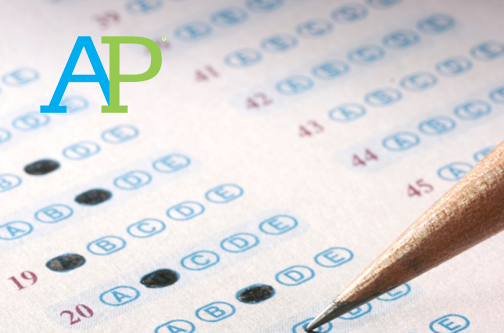What You Need to Know About College Recommendation Letters
Applying to college is a huge undertaking, with many things to consider—prepping for standardized tests, taking and excelling in the right high school courses, participating in meaningful extracurricular activities, crafting the perfect personal essay, and more. With all of this in mind, it’s easy to overlook another important component that can carry a lot of weight: the recommendation letters.
Often referred to as referral letters, these documents offer colleges a peek into who you are beyond your grades and resume. But what exactly are they? Who should write them? And with all the competition, how can you ensure that yours stands out?
What Is a Recommendation Letter?
A reference/recommendation/referral letter is a written recommendation from someone who knows you well academically or professionally. In the case of high school students, they are usually written by teachers, school counselors, coaches, employers, or other mentors. The purpose of a recommendation letter is to vouch for a student’s character, strengths, and work ethic. Most importantly, a recommendation letter should show the student’s potential for success in college.
Think of it this way: your recommender tells the admissions committee, “I know this student well, and here’s why I think you should consider them for admission to your school.”
Why Do Recommendation Letters Matter?
While high GPAs and test scores certainly count, colleges want students who will thrive in their community. A strong letter can:
- Provide insight into your academic performance or personal background.
- Highlight soft skills like leadership, resilience, and teamwork.
- Support your application theme, reinforcing the qualities you mention in your essay(s).
- Set you apart in a competitive applicant pool.
In other words, a well-written letter can add a human layer to your application beyond grades and test scores.
Who Should You Ask to Write Your Letter?
This is a very important decision. No matter who you choose—a teacher, counselor, employer, coach, etc.—you want someone who:
- Knows you well, including your strengths and potential for success.
- Can speak to your growth and/or character and vouch for your integrity.
- Is articulate and supportive, highlighting your strengths in a well-crafted letter.
- Has seen you in action, whether in the classroom, on a team, in the community, or at a job.
Don’t assume that “big names” are the best way to go. A glowing, detailed letter from your 11th-grade English teacher is much more valuable than a generic one from a principal who barely knows you or someone who has only known you for a very short time or in a very limited capacity.
How to Ask for a Recommendation
When asking for a recommendation letter, be polite and professional. In addition, you should:
- Ask early. Give at least 3-4 weeks’ notice—more if possible. Remember that some people, such as school counselors and teachers, will be asked to write multiple letters of recommendation, and you want this person to have ample time to spend on yours.
- Provide information you want them to include. Discuss what you want them to highlight. Include items from your resume and consider your college list for a more personal touch.
- Ask in person if possible. This is always best. It shows maturity, respect, and a genuine interest in your future education plans and goals.
- Thank them. Remember, this person is doing you an important favor. Always follow up with a note or email expressing your appreciation.
How to Get the Best Recommendation Letters
Even though you can’t write the letter yourself, you can influence it by:
- Giving careful consideration to who you ask (this can’t be stressed enough).
- Sharing your goals and passions—important information for them to have.
- Reminding them of your accomplishments or stories that they were a part of.
- Following up politely and patiently—remember, your recommenders are busy too, and they are providing a valuable service despite their full schedules.
While you may feel like you have little control over your recommendation letters, you do. By choosing the best people to write them and discussing the things you’d like them to highlight, you’re gaining an opportunity to reflect on your journey and provide valuable information to prospective schools. Well-written letters can give colleges a compelling reason to say, “This is someone we want to be a part of our community.”
For more information, you can review the Common App’s Recommender Guide. You can also contact us for advice. At Moxie College Counseling, we are here to make your college application journey as meaningful and stress-free as possible.
Share this article

Follow us
A quick overview of the topics covered in this article.
Latest articles
Reading Time : 4 mins
Reading Time : 3 mins
Reading Time : 3 mins




